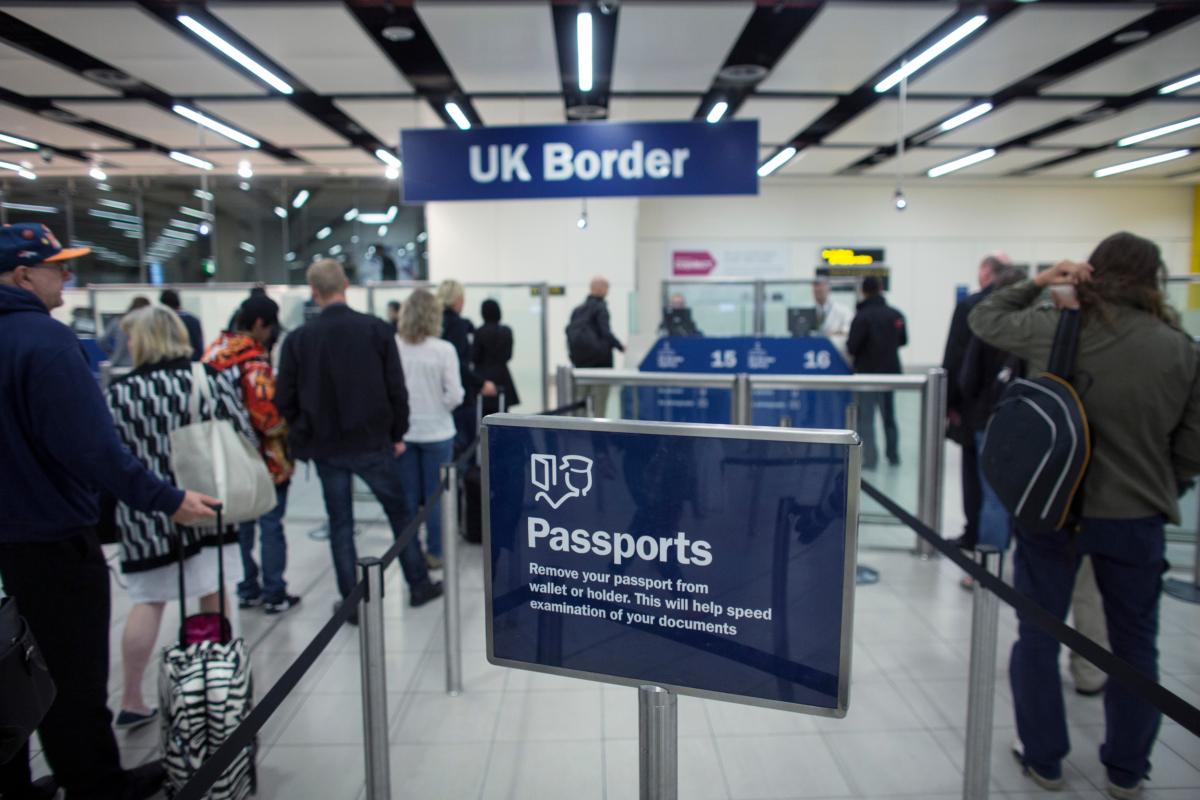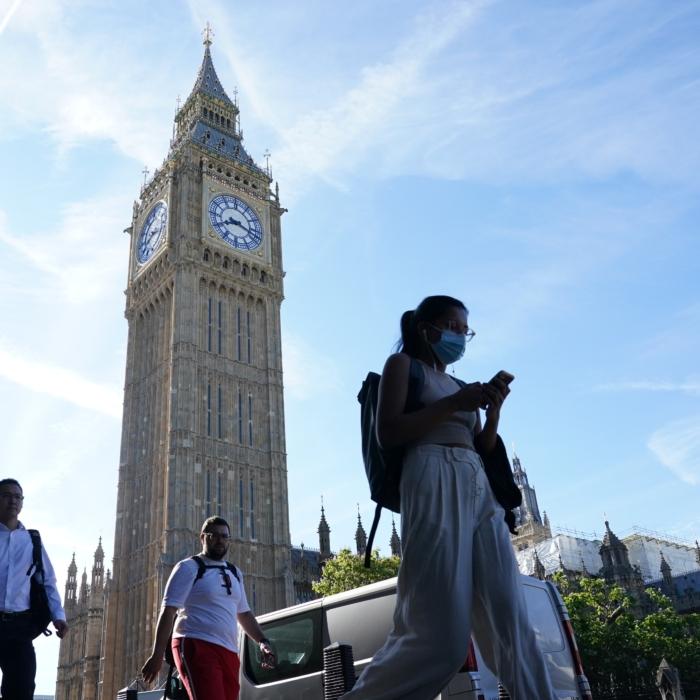The Home Office on Thursday published 13 of 15 leftover reports submitted by David Neal, who was sacked as the borders and immigration watchdog last month.
They were released by the Home Office on the same day as an inquiry on Sarah Everard’s murder and the release of asylum statistics, however Downing Street downplayed suggestions this was deliberate.
A Number 10 spokeswoman said, “We wanted to publish them as swiftly as possible following the necessary and appropriate due diligence.”
Culture of Defensiveness
In his annual report covering the financial year 2022–2023, Mr. Neal said there was a trend for the Home Office to “partially accept recommendations,” sometimes because of its inability to implement them within the specified timeframe, and the accepted recommendations were not always delivered either.“To put it bluntly, if the Home Office does not want to change, it will not,” he said.
“There have been a number of occasions again this year when we have revisited recommendations that have been accepted but not delivered.”
The former chief inspector noted “positive exceptions,” but said they seem “all too often to be driven by ministerial attention.”
“I fear that some officials, left to their own devices, would be content to polish and put a positive gloss on far too much, which results in a failure to deliver real change,” he said.
He also said there had been “a reluctance to engage with recommendations,” attributing some of the pushback to a “culture of defensiveness,” but he also noted that these instances are “exceptions rather than the rule.”

‘Perverse Outcomes’
In one of the reports, Mr. Neal said the Home Office had not implemented previous recommendations and had allowed the asylum system to “become a burning platform that required radical action and attracted significant ministerial and public scrutiny.”Mr. Neal said Prime Minister Rishi Sunak’s pledge in December 2022 to abolish the legacy backlog in 12 months had unlocked resources and helped speed up change, but questioned why the Home Office had not implemented the changes itself.
On the other hand, the focus on clearing the legacy backlog, meaning asylum applications submitted before June 28, 2022, also led to “perverse outcomes,” he said.
“The number of claims that have been withdrawn and counted as ‘outcomes’ has soared—22 percent of all decisions made since June 2022 were withdrawals, and, incredibly, only one underwent formal quality assurance. This is not acceptable,” he said.
“Routine quality assurance on interviews and decisions has also been sacrificed for increased productivity. This has the potential to add to the appeals queue as a result of poor-quality refusals, and to further prolong the length of time a claimant’s life is put on hold.”
Home Office guidance published in February last year said legacy claimants who had not had an interview would instead be given 20 to 30 days to fill in a questionnaire, and those who fail to return the questionnaire within 30 days and don’t apply for a further extension may have their applications treated as “withdrawn.” This is believed to have contributed to a rise in withdrawn cases.
Asylum Hotels
A follow-up report on hotel accommodation for unaccompanied asylum-seeking children (UASC) said the Home Office had introduced spot checks on Disclosure and Barring Service (DBS) checks, but still didn’t have effective oversight and could not categorically confirm that every staff member employed in the hotels has the required DBS clearance at any one time.The Home Office said all UASC hotels have now been closed, and it will apply any findings from the report “more broadly, if standing up hotels, when required on a short-term emergency basis in future and where applicable.”
Other Findings
Other reports raised a series of concerns about the performance of the Border Force, warning protections at UK airports were neither “effective nor efficient,” with ePassport gates left unmanned.The basics were “not being done well” at arrival halls, with operations “hampered” by an inconsistent lack of resources, Mr. Neal said.







